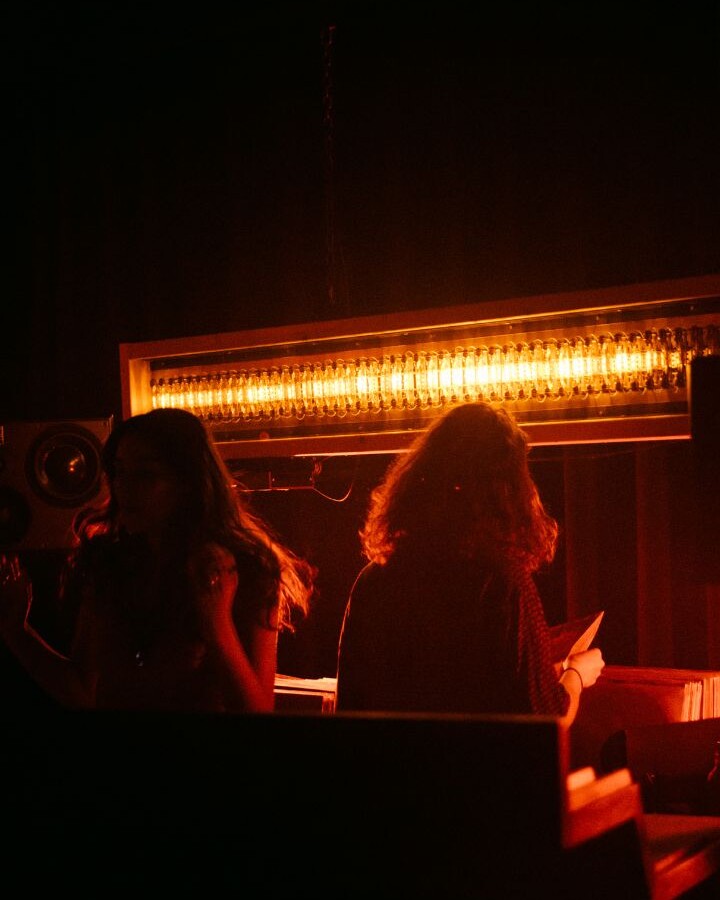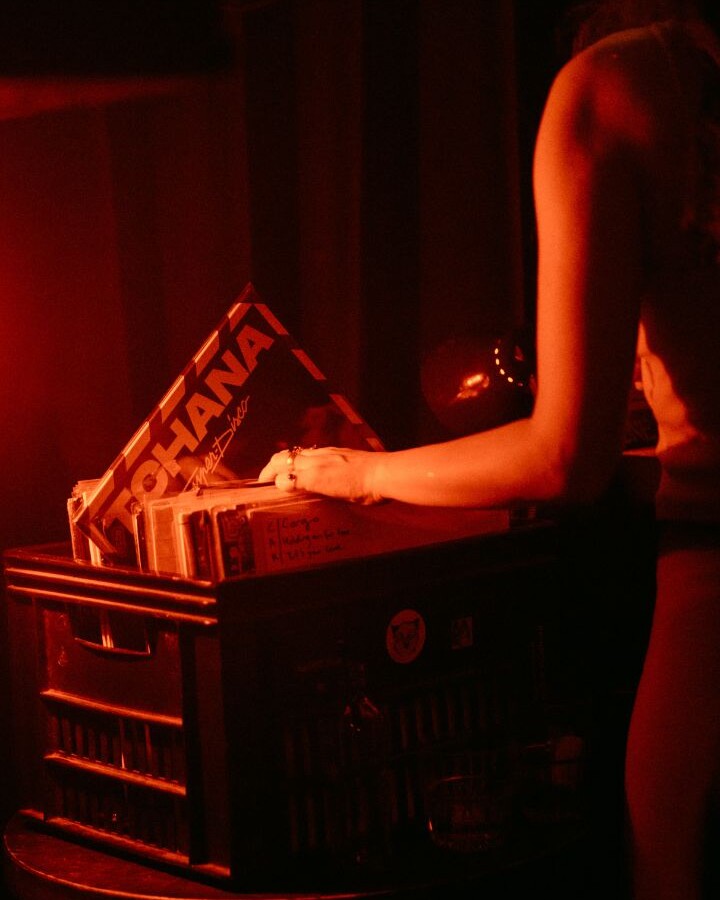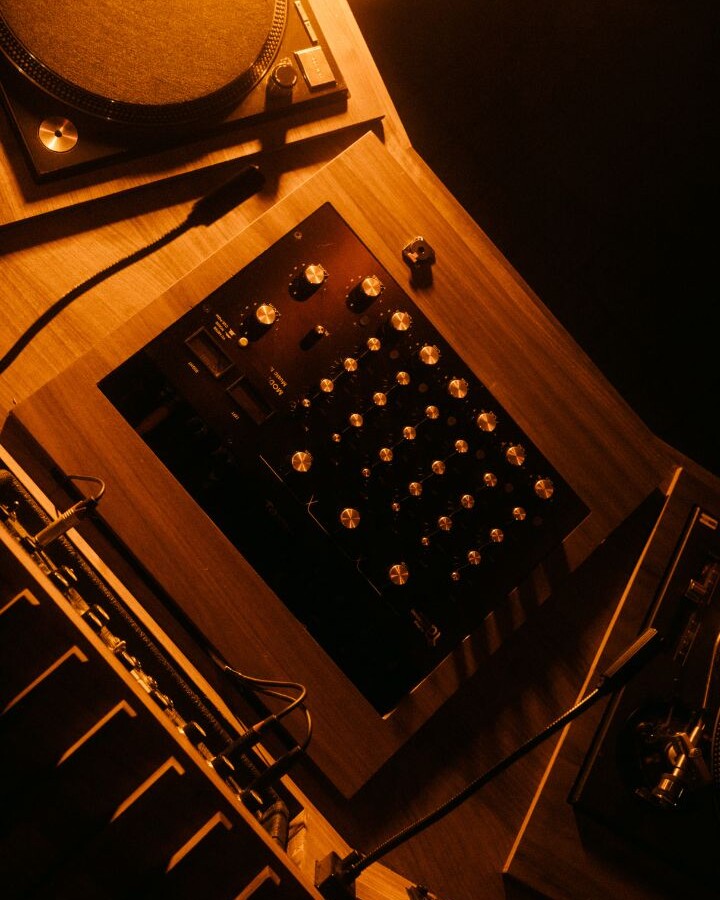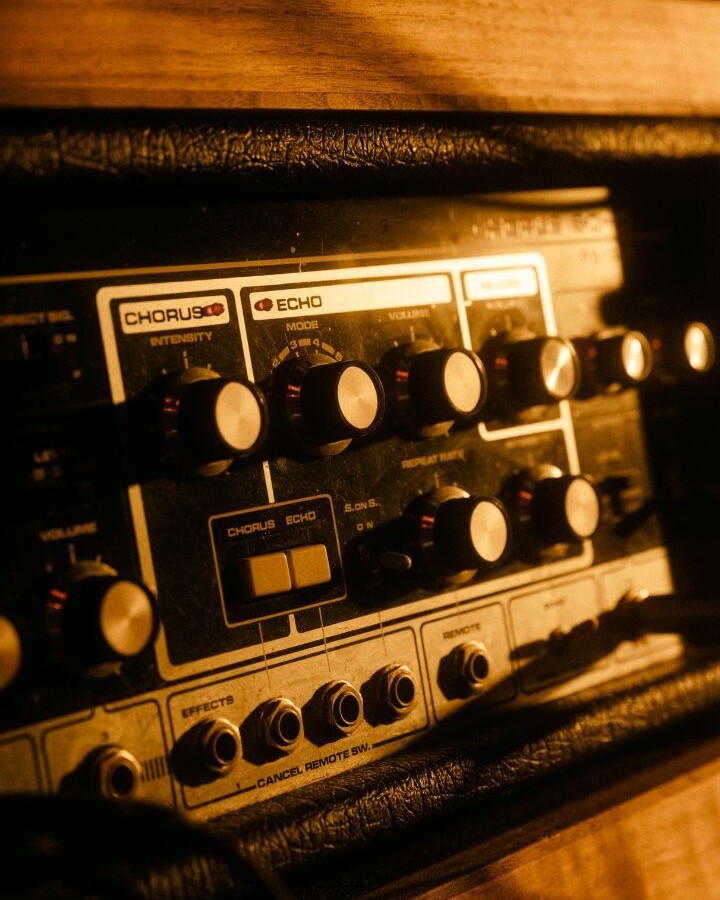Interview: Doka
Hi Axel, Before we turn over to Doka we want to shine a light on the total concept. How did the creation of Volkshotel come to life?
For over four decades, the building that now houses Volkshotel was home to De Volkskrant, one of the largest and most progressive Dutch newspapers. After the newspaper relocated, the empty building underwent a transformation. Initially, it was taken over by creatives who used the space for their arts and crafts. Later, Urban Resort converted the building into one of the largest "Broedplaatsen" (creative workspaces) in the Netherlands, providing hundreds of creative minds with a place to work. On the seventh floor, what was once the old canteen for journalists was reimagined as Canvas—a restaurant and club with a renowned rooftop terrace. Broedplaats VKG and Canvas breathed new life into the old building, and soon, the vision for something bigger took shape: a hotel that would be more than just a place to sleep. By 2011, concrete plans were in place, and by 2013, construction was in full swing. Builders were everywhere, wood piled high, and new windows were being installed throughout. Broedplaats VKG moved to the back of the building, and in the basement, Doka was born. Today, Volkshotel is a place where everyone is welcome to drink, work, eat, meet, and sleep. More than just a hotel, we also house a club, café, workspaces, and a sound bar, creating a 24-hour micro-society that encourages encounters and connections.How challenging is it to combine a club with a hotel, people want to sleep, no?
We’ve been running this concept—a hotel in a creative setting—for 10 years now and have learned how to meet the diverse needs of our visitors over time. While people certainly come here to sleep (we are a hotel, after all), we place great importance on our guests' experience. That’s why we've taken soundproofing very seriously throughout the hotel. During the renovations prior to opening, we completely isolated the floor beneath Canvas to ensure minimal noise escapes from the club. In Doka, we’ve implemented several measures and adhere to strict decibel limits to maintain a quiet environment, ensuring our guests can sleep as comfortably as possible.Can you tell us about the origins of Doka? What inspired its creation?
Doka originally opened as a temporary club in 2012 during the renovation of the building that would later become Volkshotel. When Volkshotel officially opened in 2014, Doka evolved into a night bar, offering a mix of rouge and variety, theatre and velvet, cocktails and a speakeasy vibe. By 2019, we felt the need for a change, so we began a renovation project with the help of tenants from Broedplaats VKG (as mentioned earlier). The goal was to transition from a creative night bar to a "Sound Bar," turning Doka into an extension of the music studios in the basement. The space was optimized to function almost like a recording studio, enabling artists, musicians, DJs, and producers to record, mix, and test music outside regular hours. This transformed Doka into a gathering place for the musical community at Broedplaats VKG, fostering new connections and collective growth. During the renovation, we faced challenges such as noise transmission from Doka to the hotel, which was especially difficult due to the building’s structure. To address this, the space was acoustically optimized, and strict volume limits were set to prevent disturbances. Inspired by Japanese "Listening Bars," Doka focuses on sound quality over volume, offering an environment for immersive listening sessions, live concerts, and DJ programs. The "Sound Bar" concept emphasizes the importance of sound and aims to create a deeper experience than just dancing, continually enhancing the atmosphere of the night. Today, Doka is a hybrid space that hosts club nights for seasoned music lovers, live shows, cultural programs, and remains a creative hub where artists use the room during the week to test and record music.

Club Doka has a very intimate setting. How does this shape the overall experience for both artists and visitors?
For many touring or well-known DJs who are used to playing for larger crowds, Doka feels like a return to the essence of what they love most: playing great music on a quality sound system, in a comfortable booth, and in front of a dedicated audience. We've had the privilege of welcoming many big names over the past few years, and they truly enjoy performing in a smaller club because of its intimacy. For visitors, this creates a unique experience as well. You're on the same level as the DJ, always close to the booth due to the venue's size, making it easier to feel connected with the music and the crowd. It creates a very different vibe and experience compared to being in a larger club.How do you balance showcasing international talent with promoting local DJs and producers?
We don’t follow strict rules, but we try to work as sustainably as possible. Something I personally enjoy is co-curating nights with local DJs, ensuring they have the opportunity to play alongside artists they admire or who haven’t performed in Amsterdam before. As mentioned, our limited capacity presents financial challenges, so it’s often not feasible for us to invite more than one international touring DJ per event—local support is almost always part of the lineup.How do you curate the music lineup for Club Doka? As it’s small and intimate this isn’t always the easiest thing I guess?
Our technical setup is very inviting for DJs. The main challenge in curating Doka lies in our capacity—intimacy brings financial limitations. We don’t have the resources to compete with the standards set by larger clubs and festivals. Fortunately, we make up for it by offering a unique DJ experience, and we've been able to book many "bucket list" artists over time. On the more practical side of curation, we also aim to involve a dedicated group of regular local DJs who share Doka’s values. For them, Doka is just as inviting on a technical level, but they've also learned to read the room and become comfortable with our Sound Bar in different ways.Are there any specific artists or events that have shaped the identity of Club Doka over the years?
Oooof, it’s hard to choose! Sets by Antal, Orpheu the Wizard, Carista, Chaos in the CBD, DJ Koolt, Kamma & Masalo, Elias Mazian, Lefto, Sandrien, Rhadoo, Steven Julien, BSS, and Bradley Zero have really helped shape Doka into what it is today. But at the core of Doka is a long list of returning locals like Eileen, Hylke, Iggy P., Ajuma, Lil Lawaw, Askmelater, Pieter Jansen, Tsepo, Kléo, and many others. These local DJs have set the tone and played a huge role in building more of a community. Speaking of community building, we also try to give space to external promoters, which is very important and, I believe, often overlooked in Amsterdam. Events by initiatives like One Eye Witness, Our Society, Cape St. Francis, Ciranda, Lost Groove, and others have really helped introduce different communities to Doka.

What trends in nightlife and club culture are you paying attention to right now? How are they influencing Doka?
After clubs reopened following the lockdown period, I noticed that many venues—including Doka—began booking more local DJs than ever before. Initially, I think this was a very positive and healthy step, helping the scene grow and putting a lot of new places and people on the map. Fast forward to late 2024, though, and I think we're starting to see the downside: the programming of clubs in Amsterdam has become somewhat identical. It takes time for clubs to find their own distinct sound and crowd. For us specifically, I think we're on the right track and aim to establish a more coherent and unique programming for 2025. Personally, I think it would be great to see clubs differentiate themselves more in the near future, offering nightlife lovers a variety of experiences.The booth and the soundsystem, please guide us through the creation of these two?
During the creation of Doka in its current form, we traveled to explore various sound systems. We found that the four-point Danley Sound Labs club system worked best for our vision: a room that delivers the highest sound quality and can provide an excellent sonic experience for both DJs and loud punk bands, and everything in between. We've since added two more tops, making it a six-point system. In addition to the club system, we've installed two ATC SCM45A monitors, typically found in recording studios. The DJ booth, designed by Luuk Vlammings, is custom-made to meet our needs. It has the look and feel of a 1970s recording booth—super comfortable to play in, featuring wooden elements, adjustable booth height, and spacious setups for both vinyl-focused DJs and digital diggers. Our goal is for DJs to step out of their comfort zone, while remaining physically comfortable. The booth also boasts a handmade Alpha Recording System Model 9900 rotary mixer, a Roland Space Echo, and an Avalon 747 compressor/equalizer, among other esoteric pieces of equipment. These have become real eye-catchers and have created quite a buzz in the scene over the past few years.Which legend would you like to see at Doka in the future?
One of my favorite DJs is Luca Lozano, who, in many ways, is someone I truly admire. It would be a dream come true to hear him play at Doka and witness the kind of magic he can create in our basement.As ADE is just behind the corner, how did the ADE program came to life?
During ADE, we wanted to showcase everything that Volkshotel has to offer. Among our hotel guests, we have many creative individuals and music industry professionals during this week, which creates a vibrant atmosphere in the hotel. We know that many of our guests use Volkshotel as a home base and hold meetings at Werkplaats (the café and co-working space on the ground floor). That’s why we have a range of residents playing at “Station Werkplaats” from Wednesday to Sunday. Other events at Werkplaats include the “Good Music Vinyl Market,” which we have been hosting for years now. New this year is the knitting get-together organized by Knits & Notes, a unique event that looks very promising. In Doka, we aim to showcase what we do year-round: club nights, live music during Doka Electronic Live Sessions, and cultural events by Nowadays Mag, among others. The club nights feature a mix of parties by promoters we work with throughout the year—such as Lost Grooves, Likeminded, and Ciranda—as well as more occasional collaborations with United Identities, Rhythm Section, and Kalahari Oyster Cult. I’m really looking forward to hearing Saoirse, Rey Colino, Craig Richards, Antal, Bradley Zero, and others play at Doka during the upcoming ADE. At Canvas, we also have a solid program curated and created by my colleague Sophie Koffeman. I’m really happy and proud of her work this year. On Friday, we’ve invited the Manchester-based agency The Pool. Mim Suleiman will perform live alongside Space Dimension Controller, Chewchew, Ajuma, and more. On Saturday, the Amsterdam-based platform Steppin’ Into Tomorrow has put together a strong soulful lineup, which includes another live show, this time by Fényan, along with DJ sets by Aroop Roy and Mab’ish. Discover the full ADE program here

